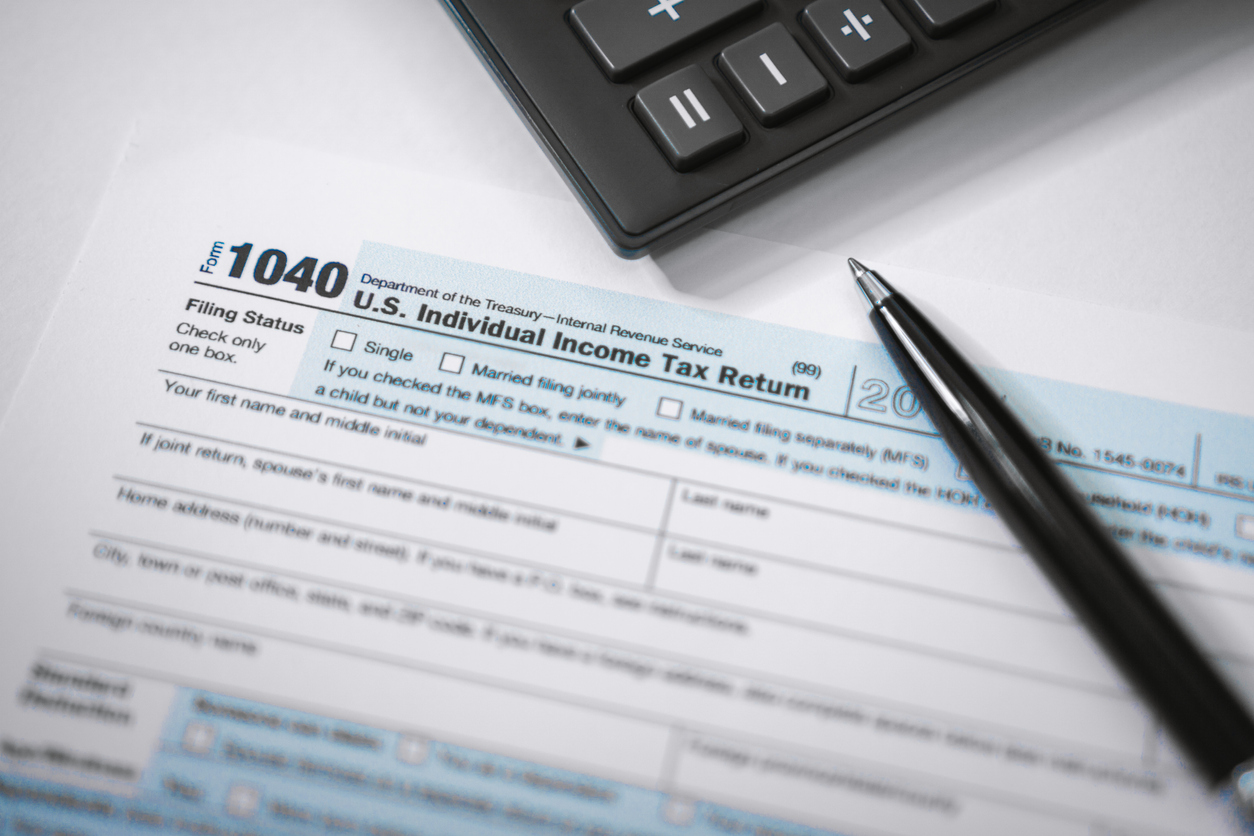The year 2020 was unprecedented in many ways. The persistence of the Covid-19 pandemic upturned so many of our lives and in such profound ways that much of life seems unrecognizable from where we were a year ago. The economy struggled. There were mass layoffs and businesses forced to close. As many Americans struggled with the economic downturn the U.S. has faced over the past year, the federal government passed Covid-19 relief packages to try and sustain those struggling and give the economy a much-needed boost as it struggled to gain its footing in a world pervasively impacted by the pandemic. While much needed by many, the Covid-19 relief measures do present a number of interesting tax questions for taxpayers for 2020. Here, we will take a look at some things you should be aware of.
Will the COVID-19 Relief Package Impact Tax Returns for 2020?
The Covid-19 relief package, including the CARES Act and the Families First Coronavirus Response Act, provided a number of relief tools for individuals, families, and businesses. Individuals may have received stimulus checks, unemployment assistance, and tax extensions. Businesses will also face complex tax questions in the wake of Covid-19 relief. Businesses may have accessed things like the Employee Retention Tax credit, PPP loans, Economic Injury Disaster Loans, and they will also have to deal with the implications of unemployment assistance and employee benefits, as well as other business-related Covid-19 relief package provisions.
For individuals that took advantage of any aspects of the stimulus programs, they may see impacts on their individual tax returns. If you received a stimulus payment, however, you do not have to include it as taxable income on your federal income tax return for 2020. The stimulus payment was an economic impact payment and the law neither requires you to pay taxes on it nor does it require you to pay back any portion of the stimulus payment you received. You should, however, retain any notices you received with your stimulus check to keep for your records.
Older individuals should be mindful of certain CARES Act provisions relating to minimum distributions from retirement accounts. You see, taxpayers of advanced years are usually required to take a minimum distribution (RMD) from IRAs or other workplace retirement plans. For 2020, however, the requirement to take an RMD was waived. If you took an RMD in the beginning of 2020, before the pandemic was in full swing for the U.S., the federal government provided you with an opportunity to return the funds distributed back to your retirement account. The return of funds must have been completed by August 31, 2020. For 2020, if you opted not to take an RMD under the COVID-19 relief provisions, or you took an RMD at the beginning of 2020 and returned it to your retirement account prior to August 31, 2020, then the distribution will not be included in your 2020 taxable income. If, however, you took the RMD and did not return it, or did not return it by the deadline, then it will be considered part of your 2020 taxable income as it will be categorized as a distribution from your IRA or other retirement accounts.
San Francisco Tax Attorneys
The year 2020 was a novel year for so many reasons. Novel years like 2020 can and will involve a complex and large range of unique tax questions. For answers to your tax questions, talk to the knowledgeable attorneys at Regal Tax & Law Group, P.C. We are here to help. Contact us today.

